Why do Jews stretch kilometers of fishing line over cities around the world?
It is known that Jews are a smart and resourceful people. They are so clever that they manage to gracefully bypass their own religious prohibitions without violating sacred canons. An example of this is the eruvs - translucent scaffolds that can be found in almost all cities where Orthodox Jews - Hasidim - live compactly.
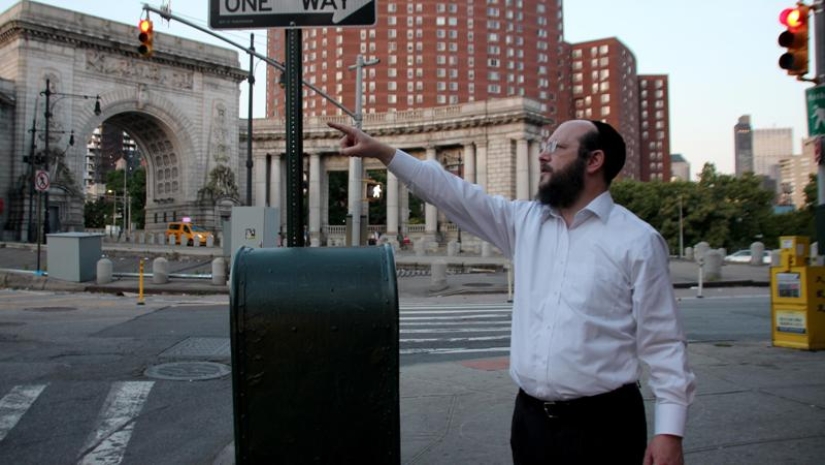
You can live your life without knowing that a few meters above your head there is a strong transparent nylon thread. Hundreds of cities around the world are entangled in such lines and most of their residents do not even suspect it. The fibers pass over the heads of passers-by and highways, between lamp posts, roofs of buildings and power line supports.
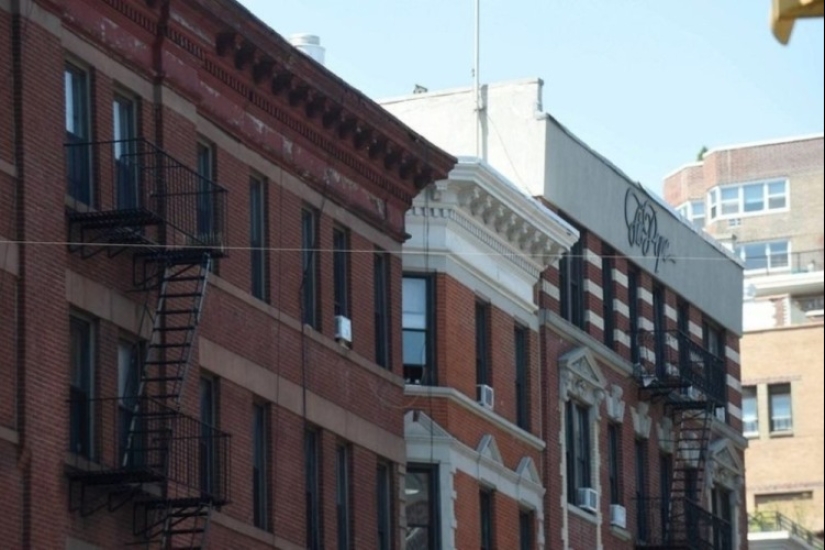
These lines have no effect on the lives of ordinary people. But they are very important for Hasidim, followers of Orthodox Judaism. The line outlines a symbolic religious boundary that allows believers to adhere to the rules but still move freely.
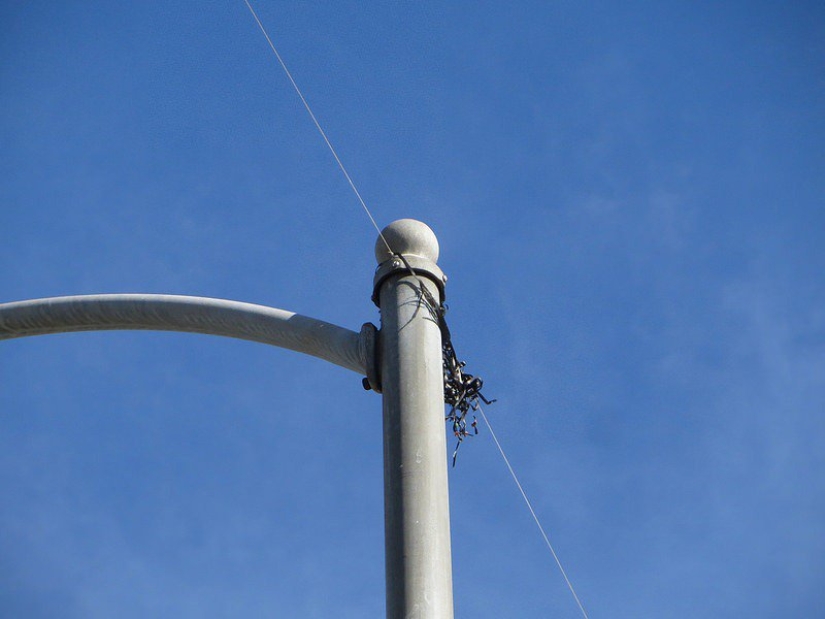
This symbolic fence is called an eruv. It plays an important role on Saturdays, religious holidays and important spiritual dates. As is known, Saturday is the Sabbath for Jews. God called people to give up work on this day and devote it to prayers and religious rites. However, in Orthodox Judaism, the concept of "work" is interpreted very strictly.

Work on Shabbat includes walking with a baby carriage or bag, moving with crutches or a cane, and even carrying a house key in your pocket. It is forbidden to move any items that are not part of the wardrobe, i.e., not attached to clothing. This rule applies everywhere except at home.
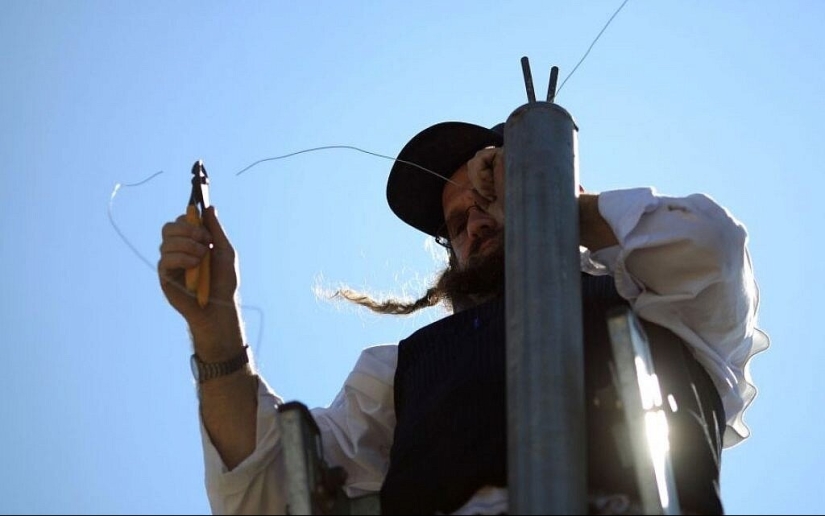
This is where the eruvs come into play. These lines define the boundaries of Jewish residence. In a place delimited by a line, a Hasid can “feel at home” and carry various necessary items with him. In ancient times, eruvs were large courtyards, delimited by walls or fences. Inside were residential buildings, water sources, and even a synagogue. In some cases, a city wall could be considered an eruv. If the Jews did not go outside the gates, they could feel quite free on Shabbat.
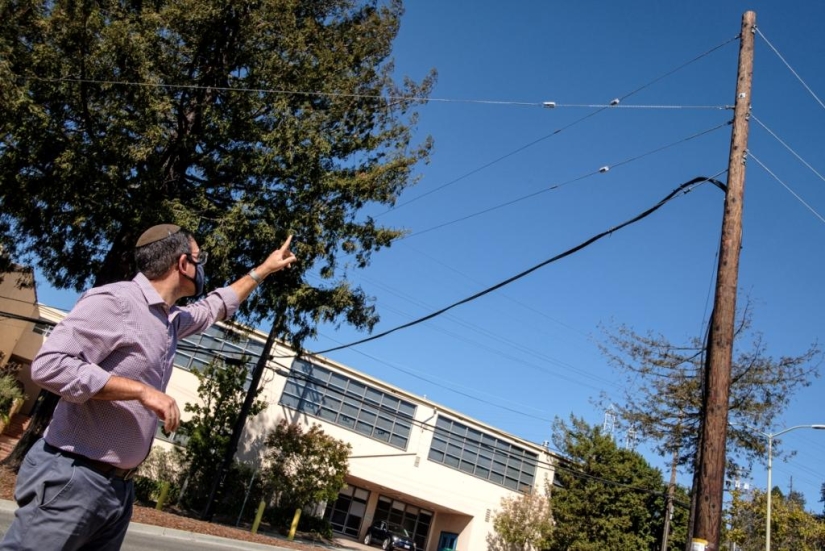
Of course, in the modern world, it is impossible to fence off your plots in this way. That is why the Hasidim began to use fishing lines stretched at a height as eruvs. Eruvs are all over the world - in Melbourne, Tel Aviv, Toronto, Madrid and Mexico City. In New York, Manhattan alone has more than 30 km of fishing line stretched! Of course, even a strong synthetic thread can break. That is why it is customary to take care of eruvs.
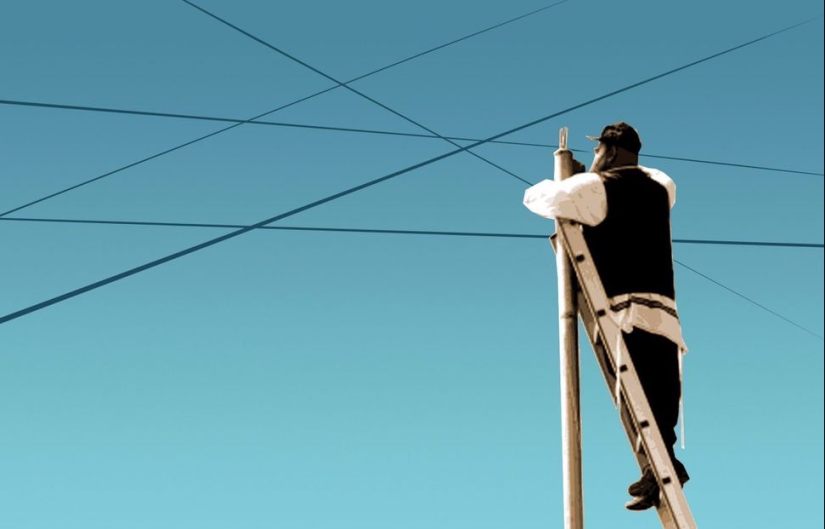
For Jews, Shabbat begins on Friday evening and ends on Saturday evening. Therefore, every Thursday, special specialists around the world go around their properties and check the integrity of the line. If repairs are needed, a team with a boom truck or ladders immediately leaves and the torn line is tightened. There are special telephone hotlines and online services where you can report damage to the eruv.
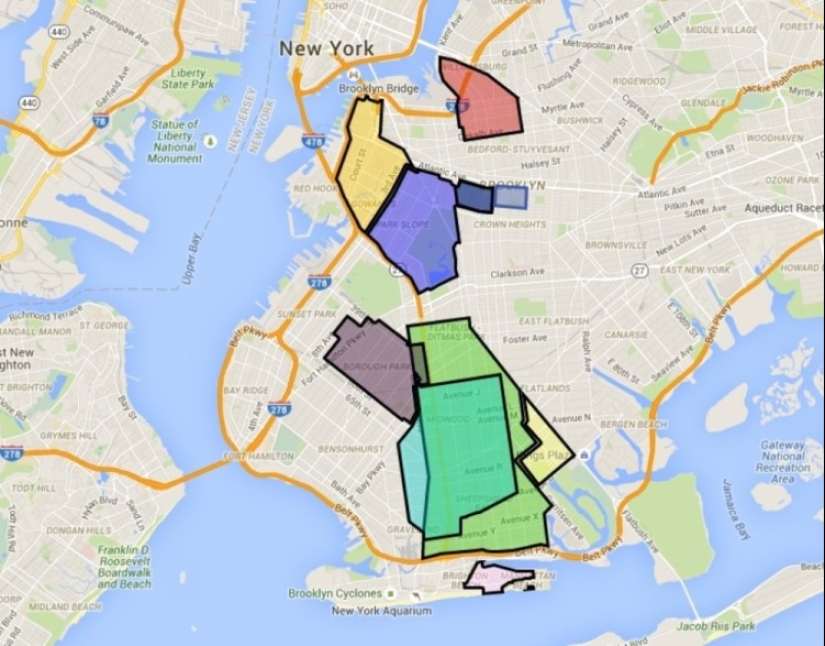
Of course, maintaining such a facility is not cheap for Hasidic communities. In New York, the sums are in the seven-digit figures. It is also not easy to coordinate the creation of such an air border. Usually, you need to get permission from the municipality and various services whose communications pass near the forest. The situation is further complicated by the fact that many officials do not understand how important this air border is for the Jewish community.
Recent articles

It's high time to admit that this whole hipster idea has gone too far. The concept has become so popular that even restaurants have ...

There is a perception that people only use 10% of their brain potential. But the heroes of our review, apparently, found a way to ...

New Year's is a time to surprise and delight loved ones not only with gifts but also with a unique presentation of the holiday ...